Experts Speak
Comments from the world's leading minds on brain, gravity, and longevity.
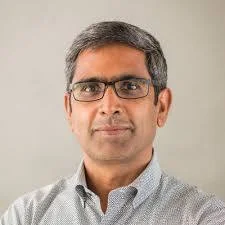
Dr. Satchidananda Panda
Professor, Regulatory Biology Laboratory, Salk Institute for Biological Studies Director, Wu-Tsai Human Performance Alliance at Salk Institute Author, The Circadian Code“By linking gravitational physiology to cerebral perfusion and aging, the gravity–aging hypothesis establishes a new conceptual frontier that bridges fundamental biology and clinical innovation. It is likely to accelerate advances in deep brain imaging, noninvasive flow monitoring, and novel interventions aimed at sustaining brain health across the lifespan.”
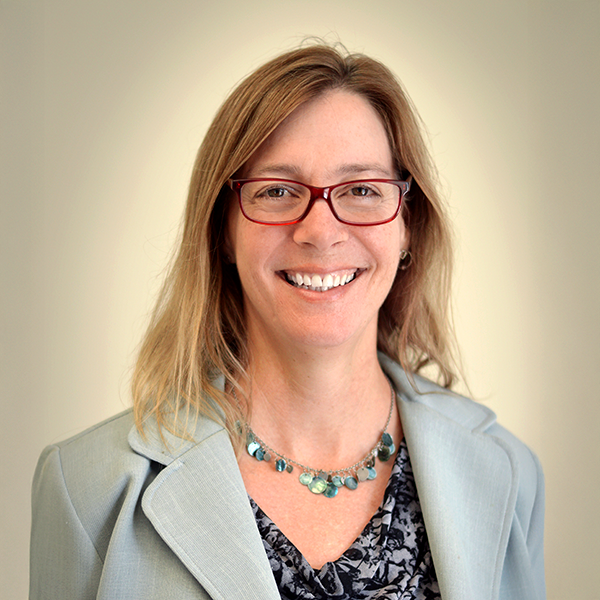
Dr. Rachael Seidler
Director, University of Florida Astraeus Space Institute Professor, Department of Applied Physiology and Kinesiology“Continue Research has developed a novel and provocative hypothesis regarding the lifelong impact of gravity on cerebral blood flow. Their unique focus may transform our thinking about longevity and lead to new lifestyle interventions. It’s intriguing to think that some aspects of living in microgravity may have a positive impact on brain health!”
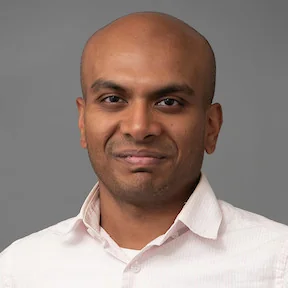
Dr. Meher Juttukonda
Director, Cerebrovascular Aging and Spin Labeling (CASL) laboratory, Massachusetts General Hospital Assistant Professor of Radiology, Harvard Medical School“One of the hallmarks of a great theory is that it inspires a series of thought-provoking questions and predictions that can be readily tested in order to prove or disprove it. By all accounts, the gravity aging hypothesis hits the mark on this, and I am very curious as to what new findings will arise and how the field of aging science will be shaped as a result of the studies that are to follow.”
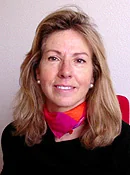
Dr. María Ángeles Moro
President, International Society for Cerebral Blood Flow and Metabolism (ISCBFM) Professor, CNIC (Spanish National Center for Cardiovascular Research)“One of my main interests is understanding how cerebral hypoperfusion drives cognitive impairment and brain aging. The idea that gravity could be involved is both compelling and intriguing — certainly worth exploring further.”
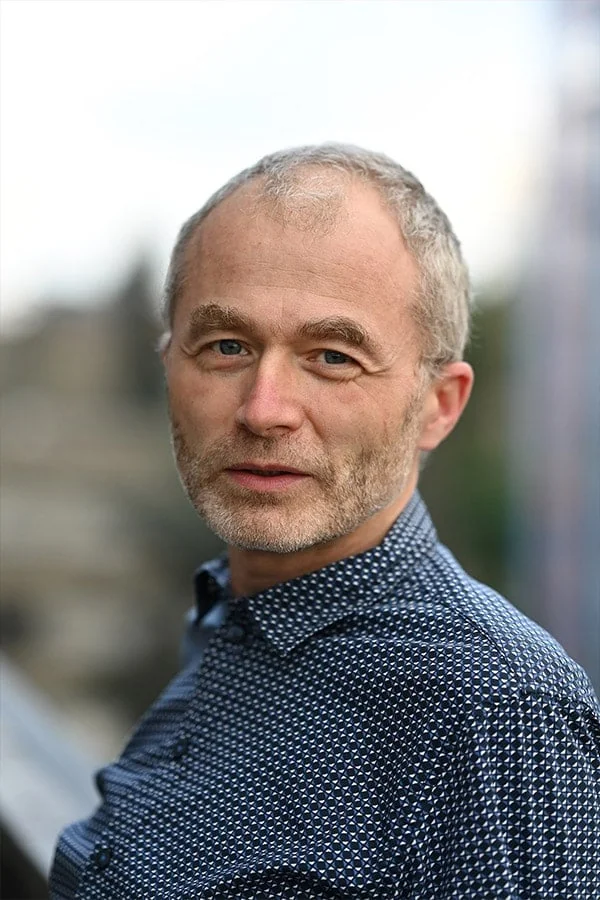
Dr. Jean Luc Morel
Permanent Senior Scientist, Institute of Neurodegenerative Diseases, University of Bordeaux“The consequences of cerebral vascular system failures are well known and studied in vascular and neurodegenerative pathologies, but its role in the physiology of aging has yet to be explored. The hypothesis of vascular integration of a gravitational message is undoubtedly worth exploring.”
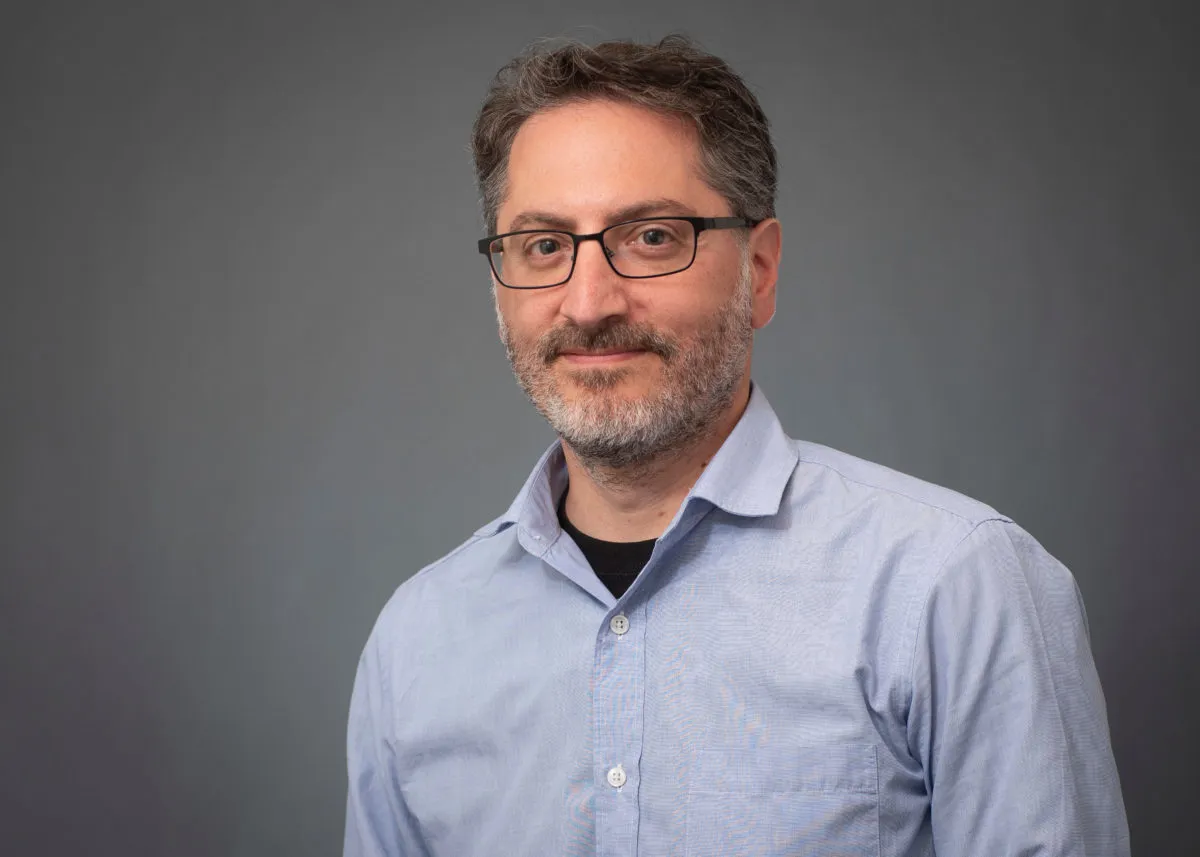
Dr. David Salat
Associate Professor, Radiology, Harvard Medical School Assistant Neuroscientist, Massachusetts General Hospital Director, Neuroimaging Research for Veterans Center, Boston VA Healthcare System“Cerebrovascular health and changes in the blood supply to the brain throughout life are becoming recognized as central mechanisms underlying the different pathways of functional aging. The ability of the vascular system to adequately counter the constant impacts of daily forces such as gravitational fluctuations may explain why some individuals age resiliently, with memory and thinking generally intact, whereas others become significantly impaired. New understandings in these areas may inspire future approaches to optimize neural and cognitive aging.”
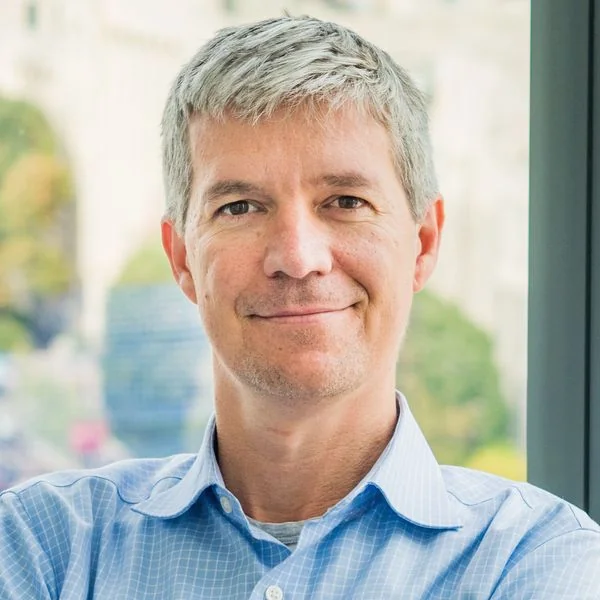
Dr. David Boas
Professor, Biomedical Engineering, Boston University Director, BU Neurophotonics Center“This hypothesis weaves together vascular aging, neurodegeneration, autonomic decline, and cerebral perfusion into a unified model of how the brain ages. By reframing lifelong reductions in cerebral blood flow as a central driver of systemic decline, it lays out a research roadmap that will shape the field for years to come.”
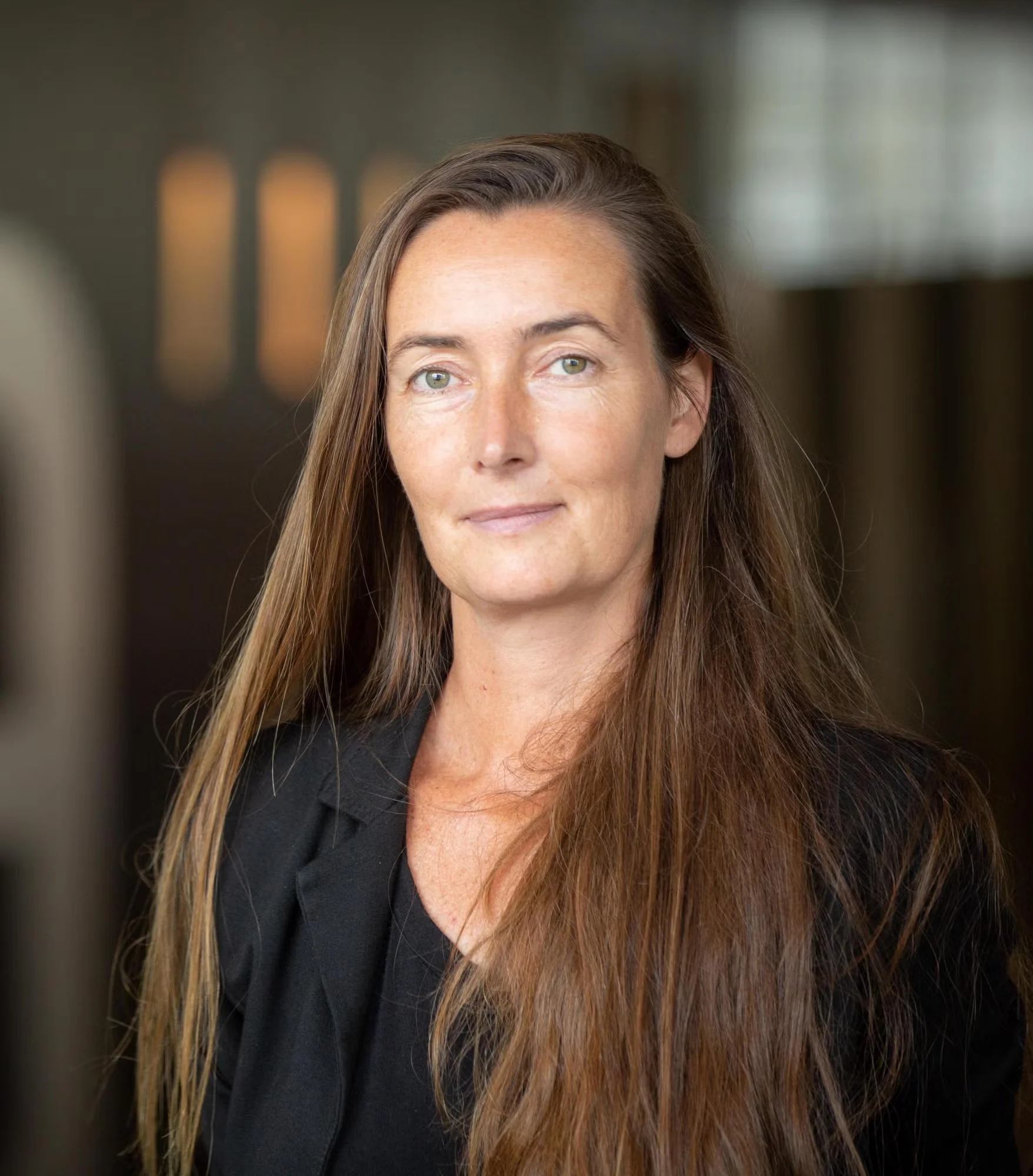
Dr. Danielle Posthuma
Professor, Faculty of Science, Complex Trait Genetics, Vrije Universiteit Amsterdam“This is a bold and genuinely fresh synthesis: the idea that lifelong gravity-induced underperfusion of key regulatory nuclei could be an upstream driver of systemic aging is both biologically plausible and intellectually exciting. The hypothesis is compelling enough to merit serious, targeted testing with modern perfusion imaging and longitudinal designs. If validated, it could reshape how we think about brain–body aging and open an entirely new class of interventions.”
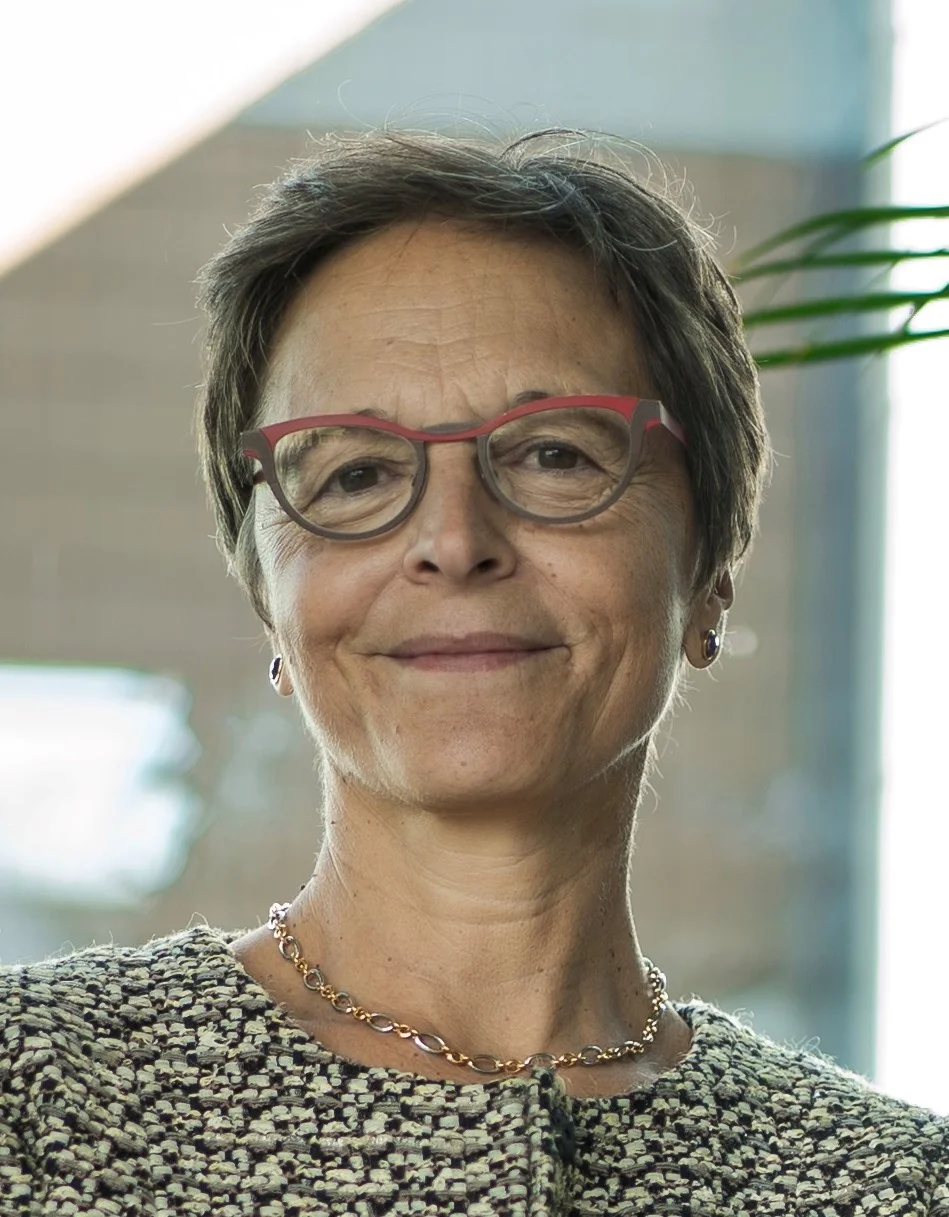
Dr. Carmen Sandi, Ph.D.
Professor of Neuroscience, Ecole Polytechnique Federale de Lausanne (EPFL) Director, Laboratory of Behavioral Genetics“Given emerging evidence that altered gravity modulates aging-related pathways such as in bone and muscle, a brain-mediated gravity–aging connection is a sound and timely hypothesis.”

Dr. Baptiste Lacoste
Associate Professor, Department of Cellular and Molecular Medicine, University of Ottawa Director, Regenerative Medicine Program, Ottawa Hospital Research Instituten“Continue Research spotlights some of the very fundamental questions in neurovascular science, trying to dissect the roots of brain aging and cognitive health. I am genuinely curious to see where this line of reasoning takes the field.”
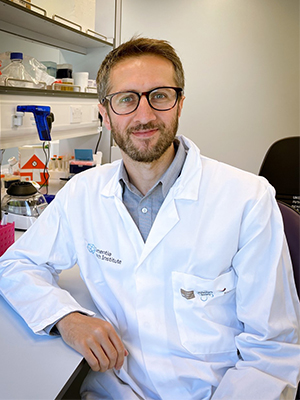
Dr. Axel Montagne
Chancellor’s fellow, Centre for Clinical Brain Sciences, University of Edinburgh"Rethinking aging through a neurovascular lens may be key to understanding and protecting cognitive health across the lifespan. It’s a timely and necessary evolution in our understanding of brain health.”
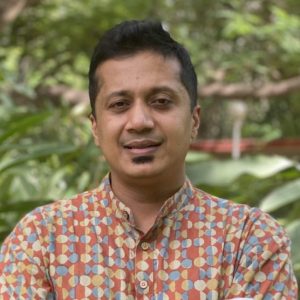
Dr. Arnab Barik
Assistant Professor, Indian Institute of Science (IISc)“Understanding how the brain ages is key to unlocking healthy aging and longevity. Continue’s focus on neurovascular research has the potential to transform our fundamental understanding of brain aging.”
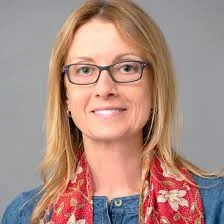
Dr. Anna Devor
Professor of Biomedical Engineering, Boston University Neurovascular Imaging Laboratory, Boston University“The neurovascular questions we tackle seem complex when we don’t have answers. But when we find an answer, sometimes, it turns out to be quite simple. The secret ingredients for finding simple answers are deep knowledge of the space, creative and unconventional thinking, inspiration, and visionary leadership! These are all qualities of Continue Research.”

Dr. Andrew Yang
Assistant Professor, Department of Neurology, University of California San Francisco (UCSF) Assistant investigator, Gladstone Institutes“Continue Research is an exciting new initiative that can advance the field and support bold new ideas to understand key mechanisms of aging. Their hypothesis on gravity, cerebral blood flow, and the brain's regulatory centers is a thought-provoking and refreshing example of creative thinking.”

Dr. Ana Diaz Artiles
Associate Professor, Department of Aerospace Engineering, Texas A&M University Director, Bioastronautics and Human Performance Lab“The gravity–aging hypothesis offers a fresh and intellectually stimulating framework for exploring the influence of lifelong exposure to gravity on cerebral and systemic health. It reframes gravity as a physiological factor shaping aging, rather than just a constant background condition. What makes this particularly exciting is that spaceflight provides a unique opportunity to test these concepts directly, an environment where gravity itself becomes a variable. By bridging insights from space physiology and aging research, this line of inquiry has the potential to advance both fields and uncover fundamental principles of brain health and longevity.”